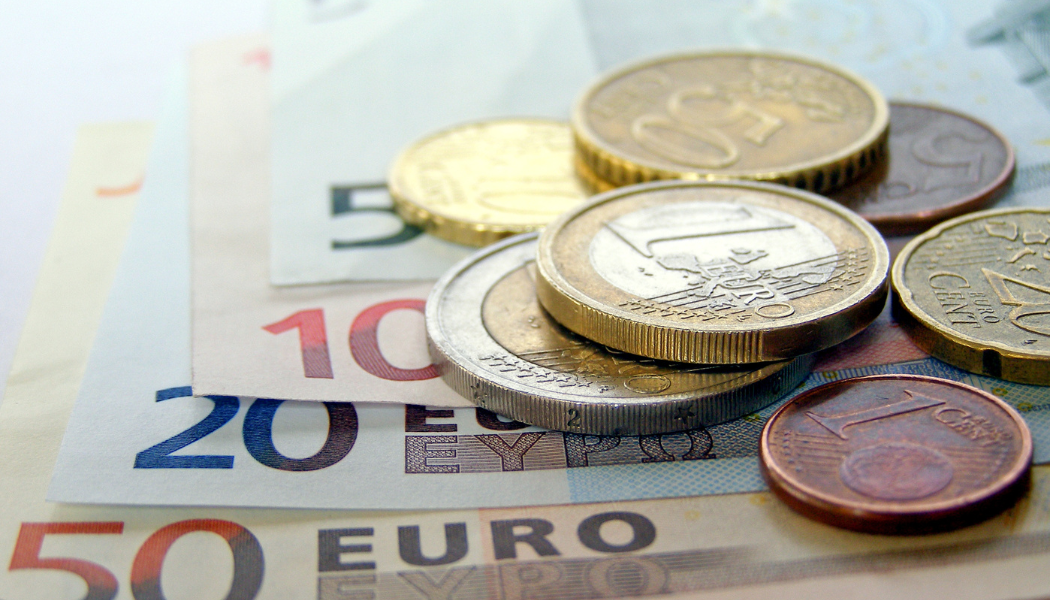Euro’s Reserve Currency Status Faces Decline: What’s Behind the Drop?
Please note that we are not authorised to provide any investment advice. The content on this page is for information purposes only.
The euro, long considered a dominant reserve currency, is seeing its share in global foreign exchange reserves decline. According to a recent report from the European Central Bank (ECB), the euro’s proportion of foreign reserves is expected to decrease by one percentage point, settling at 20% by the end of 2023. This drop marks a significant point of concern for the eurozone, highlighting the currency’s waning influence in global financial markets.
The ECB report attributes this decline to the increasing diversification of global reserve portfolios into non-traditional currencies. This shift poses a threat to the euro’s standing as a preferred reserve currency, especially as other currencies gain traction.
The euro's place on the global stage cannot be taken for granted, writes Executive Board member Piero Cipollone on #TheECBblog.
History shows that the evolution of global currencies is intertwined with that of the global geopolitical order.Read the post: https://t.co/oGQfVWzm7c pic.twitter.com/69kGhqMzVh
— European Central Bank (@ecb) June 12, 2024
Comparative Performance of Global Currencies
The ECB’s analysis shows a simultaneous rise in the shares of other major currencies. The US dollar, for instance, saw its proportion of foreign reserves increase by 0.3%, reaching 58.4%. Similarly, the Japanese yen’s share rose by 0.6%, achieving a 5.7% hold in foreign reserves. These gains for the dollar and yen underscore the shifting preferences of global reserve managers towards more stable and widely accepted currencies.
Interestingly, the study also noted the growth in holdings of atypical reserve currencies like the Australian dollar, Canadian dollar, Korean won, Singapore dollar, Swedish krona, and Norwegian krone. This trend reflects a broader move towards diversification in response to geopolitical and economic uncertainties.
The paper warns that this share could fall even further as Russia, which has been advocating for an alternative reserve currency, cuts its euro holdings.
To highlight the ECB’s concerns, the report revealed that the eurozone currency’s share of foreign reserves declined by one percentage point, to 20%.
The ECB last recorded this level in 2020. In comparison, the proportions of foreign reserves for the US dollar and the Japanese yen rose by 0.3% to 58.4% and 0.6% to 5.7%, respectively.
The paper also noted the increasing diversification of global reserve portfolios into atypical reserve currencies such as the Australian dollar, Canadian dollar, Korean won, Singapore dollar, Swedish krona, and Norwegian krone.
Emerging Alternatives and Future Outlook
The report highlights a critical geopolitical influence: Russia’s strategic reduction of its euro holdings in favor of advocating for an alternative reserve currency. Additionally, the Chinese yuan is emerging as a prominent regional reserve currency, further challenging the euro’s dominance. The ECB pointed out that while Russia is promoting the ruble in its regional payment systems, the yuan appears to be gaining a stronger foothold.
In the realm of global payments, the euro’s position remains relatively stable, particularly in terms of the value of euro payments processed through the eurozone’s real-time gross settlement (RTGS) system. However, there’s a notable decline in the euro’s share of global payments processed via SWIFT, the international messaging network for financial transactions. This suggests a potential reduction in the euro’s global payment influence, even as its usage in the RTGS system holds steady.
The ECB’s research also touches on the potential impact of cryptocurrency assets on global payments. Some nations are exploring crypto-based payment systems, which could further disrupt traditional reserve currencies. The study indicates a cautious but growing interest in digital assets as part of the global financial landscape.
“This indicates that the global reach of euro payments remained stable in contrast to the share of the euro in global payments processed in Swift, a global messaging network used by financial institutions, which suggests a notable decline in 2023,” the ECB stated.
As the global financial environment evolves, the euro faces significant challenges to maintain its status as a leading reserve currency. The increasing diversification into unconventional currencies and the rise of digital assets are key factors that could reshape the future of global reserve holdings. For the eurozone, adapting to these changes and reinforcing the euro’s position will be crucial in the coming years.






